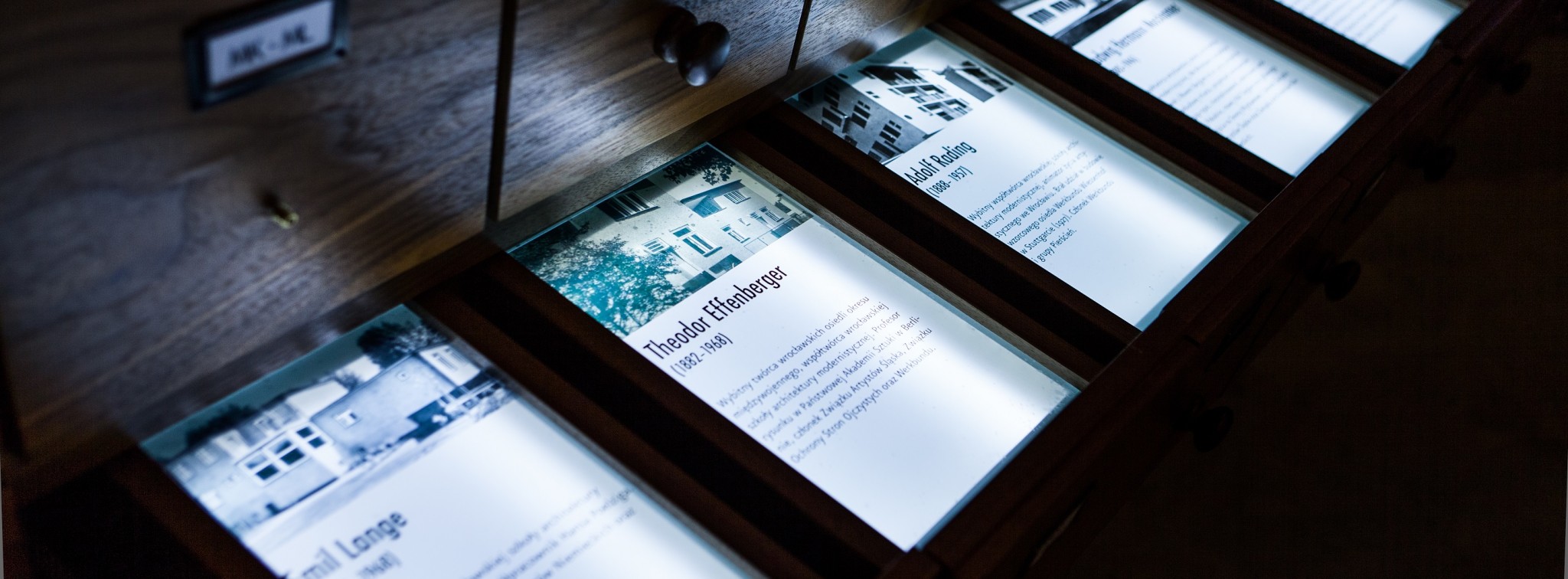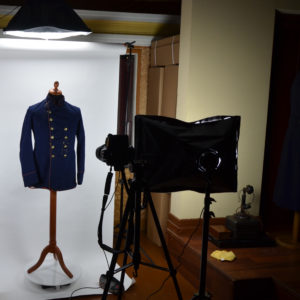Virtual digital repositories
Digitalisation is now one of the priorities of the global cultural policy. Conversion of tangible content into digital media not only consolidates and protects invaluable museum collections and archives but most of all it makes them available online.
Digital cultural resources should be available not only to the inner circle of specialists but to the widest possible audience. To do so, the tools used to share digital heritage must be attractive and accessible for all, and the use of digitised resources should be intuitive and enjoyable. Digitalisation also means sharing collections in a way which will engage and encourage visitors to use virtual resources.
We comprehensively support the process of digitisation – from the stage of processing the analogue content into the digital form, to retouching materials, and finally to sharing and promoting them online. We create virtual catalogues of museum collections, libraries and archives, and provide responsive websites and dedicated content management systems (CMS) and software.
Digitalisation is not only creating digital representations of material objects but also documenting intangible cultural heritage, for example, recording testimonies of witnesses to important events. It also consists of digital retouching of archival audiovisual materials.
Thanks to our documentary films, visitors to the Emigration Museum in Gdynia can listen to almost 200 poignant stories of people who for various reasons had to leave the country and those who visit Cricoteka in Kraków can watch almost 400 minutes of retouched and edited video materials.
- Digitising collections and retouching archival materials
- Virtual catalogues of collections of museums, libraries, archives and audiovisual records
- Virtual digital repositories
- Dedicated websites and content management systems (CMS)






